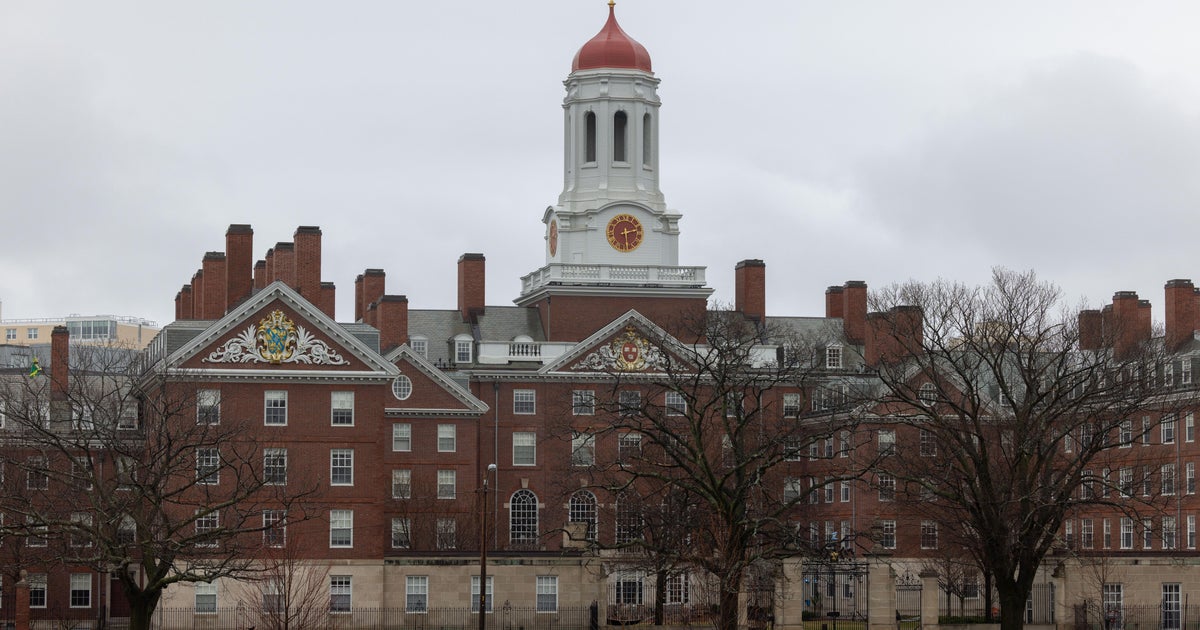The Federal Reserve is making a decision on interest rates today. Here's what to expect.
The Federal Reserve is meeting today to decide its next move on interest rates, a policy that will impact millions of consumers and businesses that rely on loans, credit cards and other borrowing.
The decision comes after the central bank has raised the federal funds rate 11 times since March 2022, pushing mortgage rates to their highest levels in decades and credit card APRs to record heights.
The string of interest rate hikes reflects the Fed's efforts to douse the hottest inflation in four decades, which reached 9.1% in June 2022. Although inflation has eased significantly since then, it remains higher than the central bank's goal of 2%, raising questions about whether the improvement will be enough to convince the Fed to hold steady for now.
Here's what to know about today's Fed meeting and what economists expect.
What time is the Fed rate hike decision today?
Members of the Federal Open Market Committee (FOMC) kicked of their meeting today at 9 a.m. Eastern time, with the rate-setting panel set to announce its decision and economic projections at 2 p.m. Federal Reserve Chair Jerome Powell is scheduled to hold a press conference at 2:30 p.m. explaining the Fed's monetary policy outlook and to offer his take on the state of the economy.
What is the Fed's expected to announce today?
The Fed is expected to hold its benchmark interest rate steady today, according to economists polled by financial data service FactSet.
If that occurs, the federal funds rate would remain in a range of 5.25 to 5.5% — the same level as the central bank announced in July, when it last raised rates. That marks the highest level in 22 years.
Even though inflation remains higher than the Fed's 2% target, recent economic data will likely persuade the central bank to take a wait-and-see approach, experts said. In August, inflation rose by an annual rate of 3.7% amid higher gasoline prices, while core numbers, which excludes volatile fuel and food costs, rose 4.3% from a year ago.
"The consensus view is that the Fed will mark a pause on rate hikes," noted Gregory Daco, EY chief economist, in an email before the meeting. "We look for Fed Chair Powell to stress that restrictive monetary policy has led to a notable cooling of economic activity, labor market momentum and inflation."
Are more interest rate hikes in store?
Economists say they expect the Fed to raise rates at its November 1 meeting because inflation is still higher than its 2% goal.
"[W]e believe that a rate hike on November 1 is likely unless the inflation data weakens materially between now and then, which we do not expect," said Joseph R. Gaffoglio, president of Mutual of America Capital Management, in an email.
How does raising interest rates help lower inflation?
By boosting interest rates, the Fed is turning to its most potent tool in taming high inflation.
Higher rates make it more expensive to borrow money. That hits everything from bank loans like mortgages to credit card debt, which in turn dampens consumer spending and investment by businesses. The impact is perhaps most visible in the real estate market, where the run-up in mortgage rates has cast a pall over homebuying.
The rate on a 30-year fixed-rate mortgage is 7.18% and 6.51% for a 15-year loan, according to Freddie Mac data, marking the highest borrowing costs in more than two decades.
When will borrowing costs fall?
Since March 2022, the Fed has boosted rates 11 times, increasing its benchmark rate to the highest level in 22 years.
At the start of its regime of rate hikes, its benchmark rate was essentially zero, meaning that borrowing was extremely inexpensive. That led to ultra-low mortgage rates, with some borrowers finding home loans that were below 3%, which helped spur home-buying during the pandemic.
But even with a pause on rate hikes, borrowers shouldn't expect to see better terms any time soon, according to experts.
"The truth is that no one should expect credit card interest rates to stop rising anytime soon," noted Matt Schulz, credit industry analyst for LendingTree, in an email before the Fed meeting. "While we don't know what the Fed will do going forward, cardholders' best move is to assume that rates will continue to rise and do what they can to knock down their credit card debt."
Mortgage rates don't always mirror the Fed's rate increases, but rather tend to track the yield on the 10-year U.S. Treasury note. Investors' expectations for future inflation, global demand for Treasurys and Fed policy can also influence rates on home loans. Still, experts don't expect mortgage rates to dip anytime soon.
"It's always a nearly impossible task to predict mortgage rate movements, but there's no clear reason to expect a sizable drop in the near future," Nicole Bachaud, senior economist at Zillow, told CBS MoneyWatch this week.



